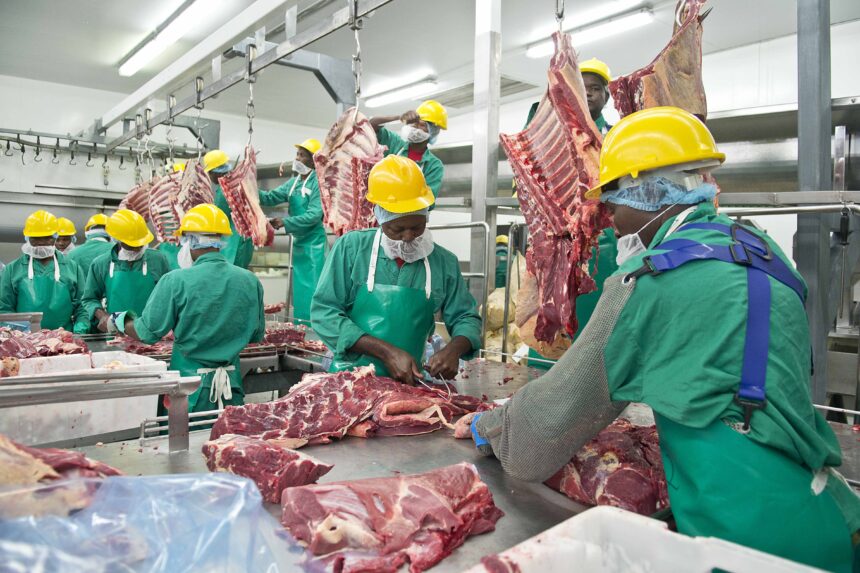Namibia’s real effective exchange rate appreciated in 2021, signalling a decline in the competitiveness of Namibia’s products on international markets.
A decrease in the real effective exchange rate index means that the national currency depreciated, reflecting a gain in the competitiveness of Namibian products on the international market. An increase in the index, on the other hand, represents an effective appreciation of the national currency, indicating a loss in the competitiveness of the local products on the international market.
According to the Bank of Namibia 2021 annual report released last week, both the nominal effective exchange rate (NEER) and the real effective exchange rate indices of the Namibia dollar appreciated during 2021, supported by stronger commodity prices and low global interest rates.
“NEER and real effective exchange (REER) both appreciated during 2021, largely due to improved global economic conditions. During 2021, on an annual average basis, both the NEER and REER indices appreciated by 2.8% and 2.7%, respectively,” reads the report.
It further stated that the appreciation of the NEER and REER was largely ascribed to a low base in 2020 as well as a surplus on South Africa’s current account sustained by higher international commodity prices, alongside accommodative global monetary policy stances. The year-on-year increase in the REER index signals a decline in the competitiveness of Namibia’s export products in foreign markets.
Looking forward, the central bank governor, Johannes !Gawaxab said Namibia needs to map out strategies for the post-Covid-19 era to drive economic recovery: “The new plan must vigorously pursue economic diversification, improve productivity and competitiveness, and enhance resource allocation to productive sectors.”
!Gawaxab said Namibia must raise the momentum of Covid-19 vaccine uptake to increase herd resistance. He further assured the bank stands ready and is committed to delivering monetary, price and financial stability while navigating the elevated energy prices and continued supply disruptions from the global economy, now also complicated by increased geopolitical tensions and military action.
“As a fiscal advisor, the bank is committed to practical advice on implementing structural reforms, improving fiscal sustainability and accelerating Namibia’s recovery to sustainable growth,” he stressed.
Furthermore, !Gawaxab stated that the pandemic interrupted measures to restore the fiscal balance and thereby worsened the public debt trajectory on Namibia. The central government budget deficit for 2021/22 is estimated to have widened to 8.7% of gross domestic product, compared to 8% of GDP registered during the previous fiscal year.
“The widening of the deficit was mainly due to lower SACU receipts in the wake of the Covid-19 pandemic, coupled with a fall in company tax collections. In addition, the debt stock of the central government increased over the year to the end of December 2021,” he explained.


